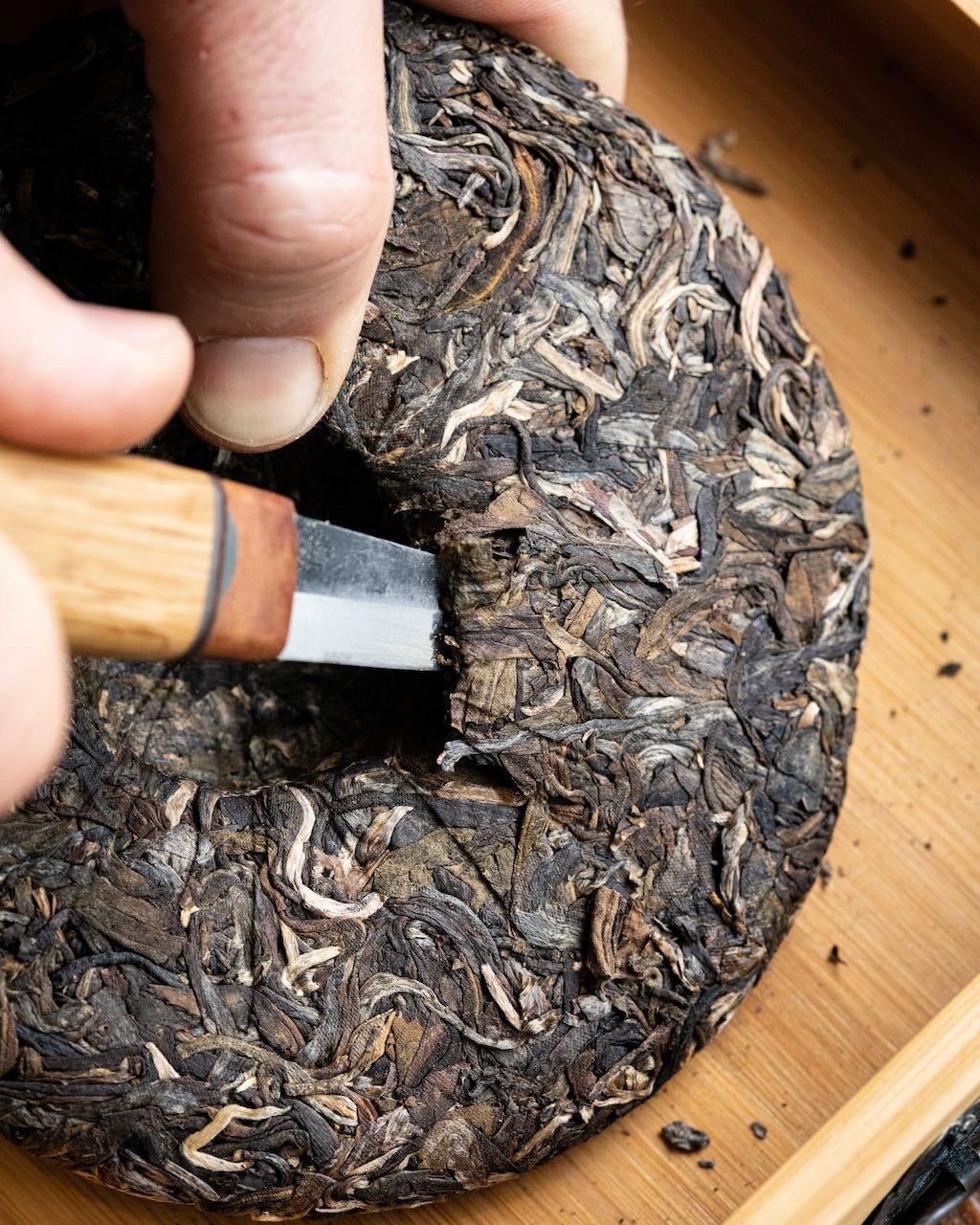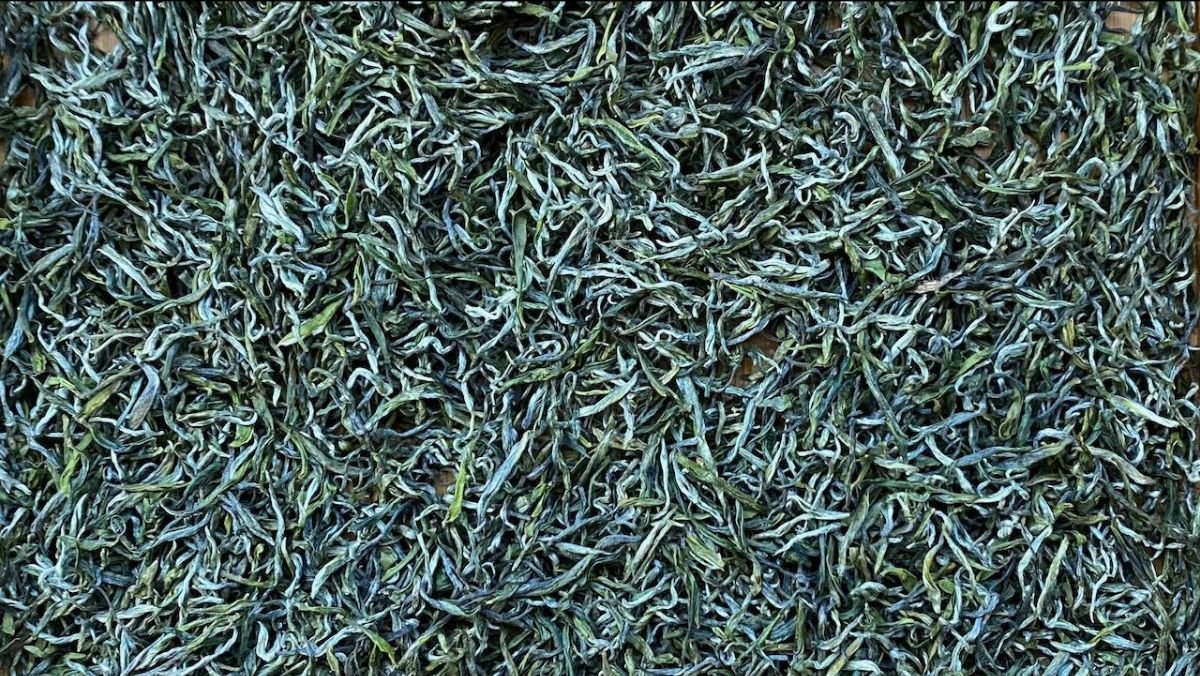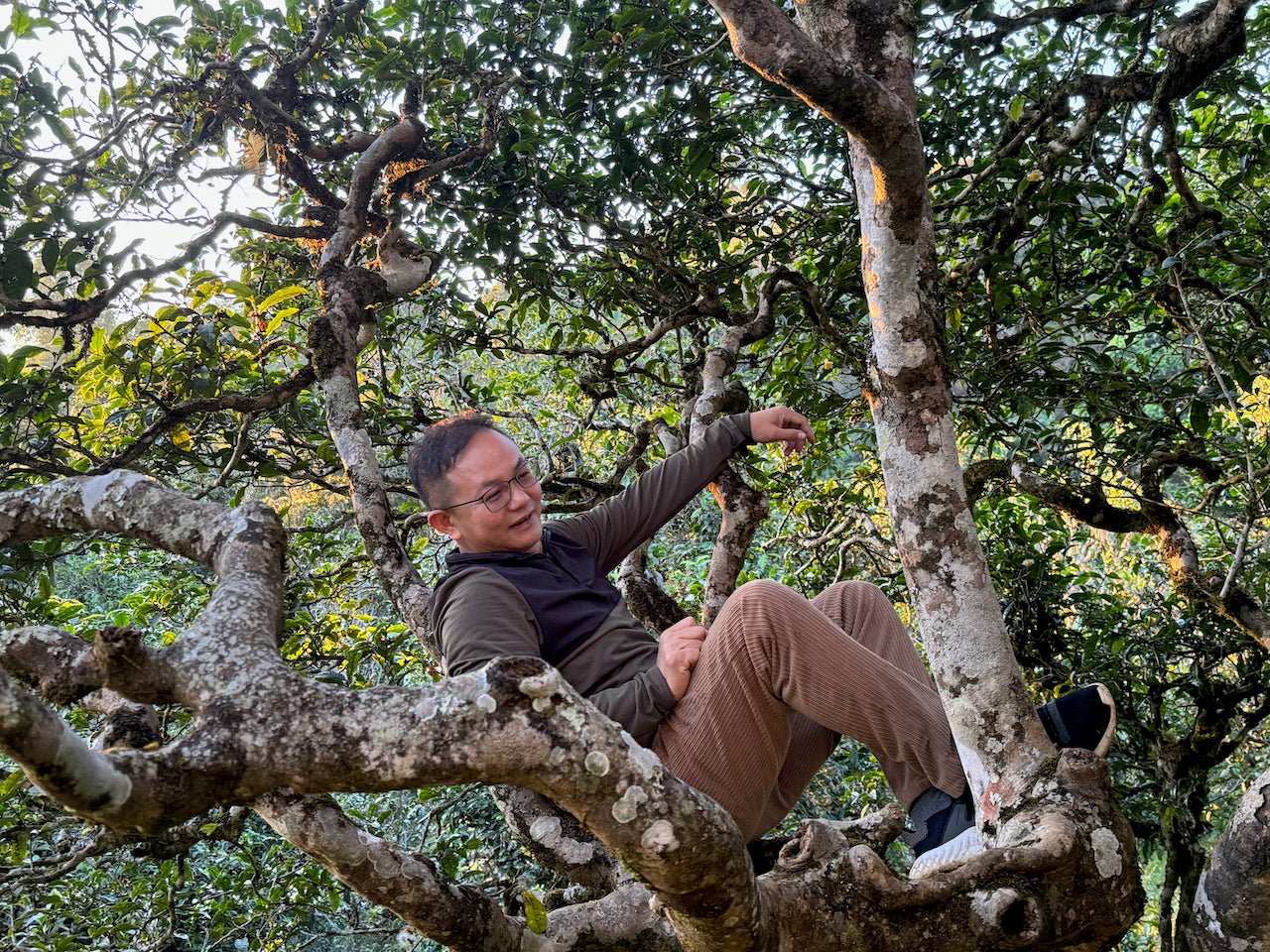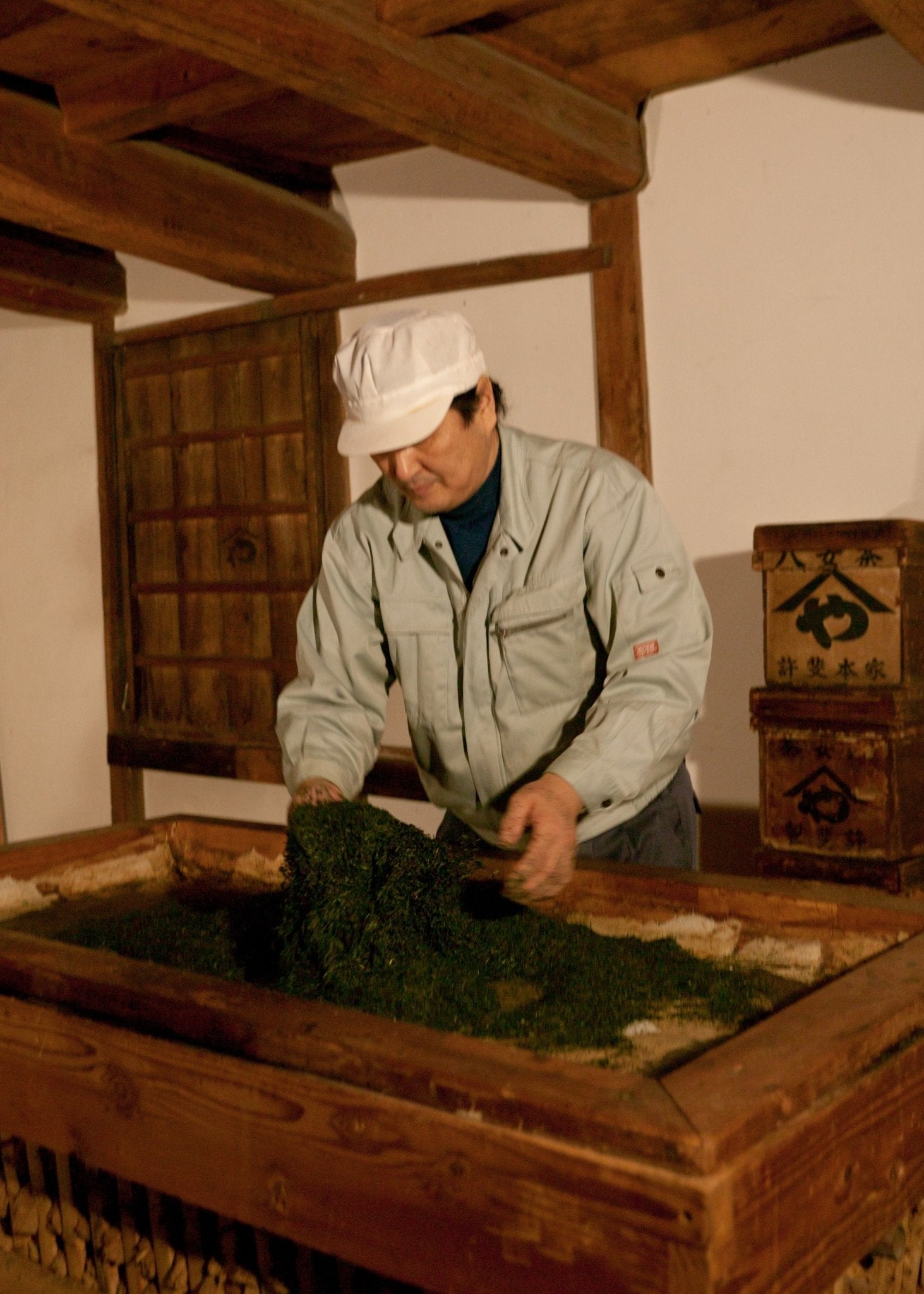Yiwu, the Origin of the Tea Horse Road

Is Yiwu the origin of the Tea Horse Road?

A cake of Tea Horse Road
These days, ocean shipments take much longer than usual.
It is with much pleasure that we announce, finally, that our (slow) boat carrying ‘Tea Horse Road’ (2006 Yiwu Cooked Pu Er) has finally landed! It is available online now, and will be available at our tea bar early next week.
As we sip the tea, let’s talk about Yiwu (易武), a historical town in Yunnan’s Mengla County, often called the ‘Origin of the Tea Horse Road’.
Having said that… we’ve also heard locals from Hunan and Sichuan calling their towns ‘Origin of the Tea Horse Road’.
I guess an ‘origin’ can be wherever you start. Today, let’s do Yiwu.
History:
There is evidence of the tea trade from Yunnan starting roughly 1000 years ago. Yunnan’s high altitude rainforests and towering mountains made access to the region very difficult; tea was, until the 20th century, transported by horse (or yak) to regions as far away as Bengal, Tibet, and Mongolia.
The trail, or network of trails, is known as 茶馬古道 (Tea Horse Ancient Road).
The town of Yiwu, on the eponymous mountain range, is rich in old buildings and paraphernalia reminiscent of older times. The most highly-priced villages for tea are often at altitudes over 2000m above sea level.




---

Location:
Yiwu (The red flag on the map above) is in the South (center) of Yunnan Province, very close to Laos.
Interesting fact:
Yiwu is closer (geographically) to Phongsaly, in Laos, than Menghai, another town in Yunnan.
However, we’ve often made the trip from Yiwu to Menghai in fewer than 3 hours… but it took us over 24 hours of continuous driving to reach Phongsaly. Granted: we drove to Phongsaly through the much longer route, which is the only one allowed for foreign people.
Ecosystem:
Like other mountain ranges in Yunnan, Yiwu is mostly covered with high altitude rain forest. Its red soils are very rich in iron.



Also from Yiwu, you might remember Year Of The Bull from our March 5th newsletter.
These cakes are made with ancient tree leaves, fired on wood, and pressed with stone in Yiwu, the 'queen' mountain of Pu Er tea.
After a full Zodiac cycle’s worth of aging in our Vancouver warehouse, this tea, harvested and pressed in the year of the Earth Bull, has come full circle. These leaves have aged with grace and have come to embody a gentle lingering sweetness, light astringency, and a luscious, thick-feeling liquor. Repeated infusions will be rewarded with subtle notes of liquorice root and camphor.
Aged in Vancouver since 2009.
We purchased this tea at the workshop of Mr. Zheng Si Long, in Yiwu. We pressed 50% of the tea into 200g cakes (which ended up closer to 190g) and kept the rest to age as mao cha (loose-leaf). It's very interesting to drink them side by side, analyzing the subtle differences in aging.



Comments